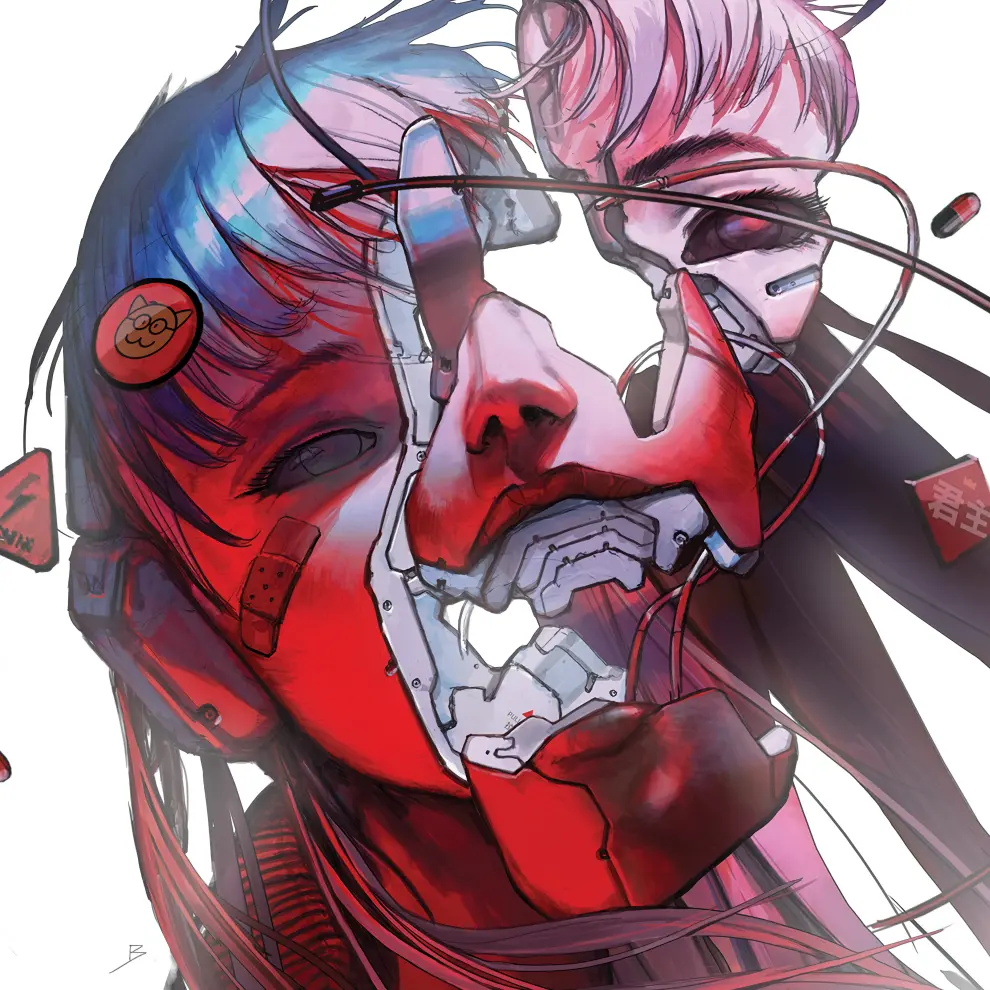Title.
You might’ve heard the fancy term ludonarrative dissonance, which describes something a lot of modern games suffer from. It’s the way games often tell stories that don’t fit within their gameplay loops. How a character can take 20 shots to the head in gameplay, and then die from a single wound in a cutscene. Or how in the story, characters can act like people who would never do the things they do do in gameplay.
This conflict doesn’t actually ruin a game most of the time. But the pictured game is one which is renowned for showcasing what can be done when gameplay is used as a narrative device, reinforcing rather than conflicting with the story. Using every element of a game in concert.


Braid is probably the first game I saw do this in a masterful way.
Right now I would suggest Helldivers 2. You are a young soldier fresh out of boot camp. Frozen and thawed out to carry out a suicide mission. The game constantly praises you and mentions how you are the best of the best. You are actually incredibly expendable and likely to die in less than two minutes. There is no “respawn,” you are replaced by another Helldiver just like you.
That’s true! Helldivers has fantastic attention to detail, and Arrowhead has really put effort into having every piece of the game sing to the same tune.
The game isn’t always immersive in the typical sense, especially matching with randoms, but it still manages to evoke that feeling of being “in a different reality” when you play.